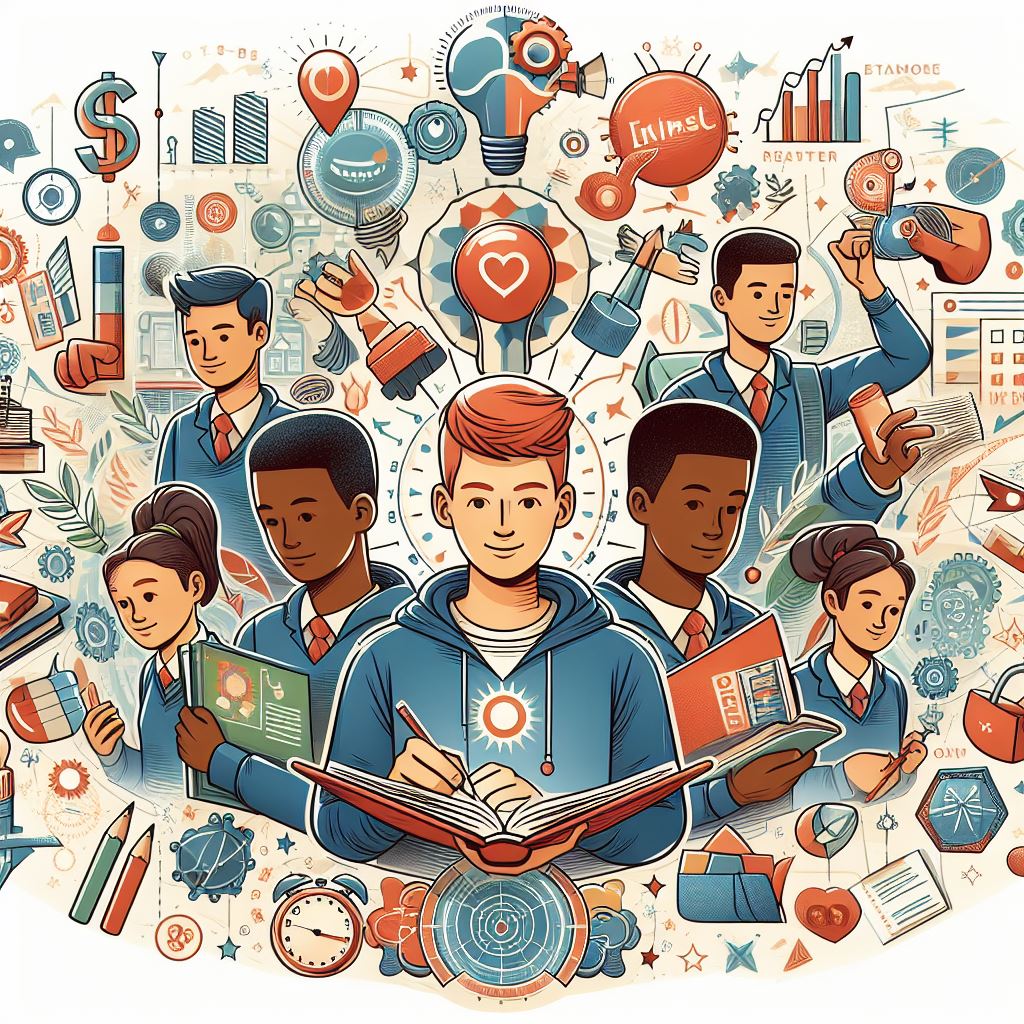Social media has become an integral part of the daily lives of teenagers in South Africa, offering platforms for communication, entertainment, and self-expression. However, excessive use of social media can have detrimental effects on the self-worth of teenagers, impacting their mental health and overall well-being. In this essay, we will discuss two negative effects of excessive use of social media on the self worth of teenagers, focusing on facts and statistics relevant to South Africa.

Introduction
Social media platforms such as Facebook, Instagram, Snapchat, and Twitter have revolutionized the way teenagers interact and perceive themselves. However, research has shown that prolonged exposure to social media can lead to negative consequences, particularly concerning self-worth and self-esteem.
Negative Effect 1: Social Comparison and Low Self-Esteem
One of the primary negative effects of excessive social media use on the self-worth of teenagers is social comparison and the development of low self-esteem. Teenagers often engage in constant comparison with their peers based on the curated and often idealized images and lifestyles portrayed on social media.
Facts in South Africa:
- According to a study conducted by the South African Depression and Anxiety Group (SADAG), 70% of South African teenagers reported feeling inadequate or insecure due to social media.
- Another study by the University of Cape Town found that teenage girls in South Africa who spent more time on social media reported higher levels of body dissatisfaction and lower self-esteem.
- Research published in the South African Journal of Psychology revealed that teenagers who frequently compared themselves to others on social media experienced higher levels of depressive symptoms and anxiety.
Negative Effect 2: Cyberbullying and Online Harassment
Another significant negative effect of excessive social media use on the self-worth of teenagers is cyberbullying and online harassment. Social media platforms provide avenues for individuals to engage in bullying behavior anonymously or under pseudonyms, leading to feelings of worthlessness and inadequacy among victims.
Facts in South Africa:
- According to a survey conducted by Childline South Africa, 59% of teenagers in the country reported experiencing cyberbullying or online harassment.
- The South African Police Service (SAPS) reported an increase in cases of cyberbullying among teenagers, with instances of harassment, threats, and the spreading of harmful rumors on social media platforms.
- Research conducted by the University of Johannesburg found that victims of cyberbullying in South Africa were more likely to experience symptoms of depression, anxiety, and low self-esteem compared to non-victims.
Conclusion
In conclusion, excessive use of social media can have detrimental effects on the self-worth of teenagers in South Africa. Social comparison and low self-esteem are prevalent issues exacerbated by idealized portrayals of lifestyles and appearances on social media platforms. Additionally, cyberbullying and online harassment contribute to feelings of worthlessness and inadequacy among teenagers. Parents, educators, and policymakers need to address these negative effects and promote healthy digital habits and positive self-perception among teenagers in South Africa.
